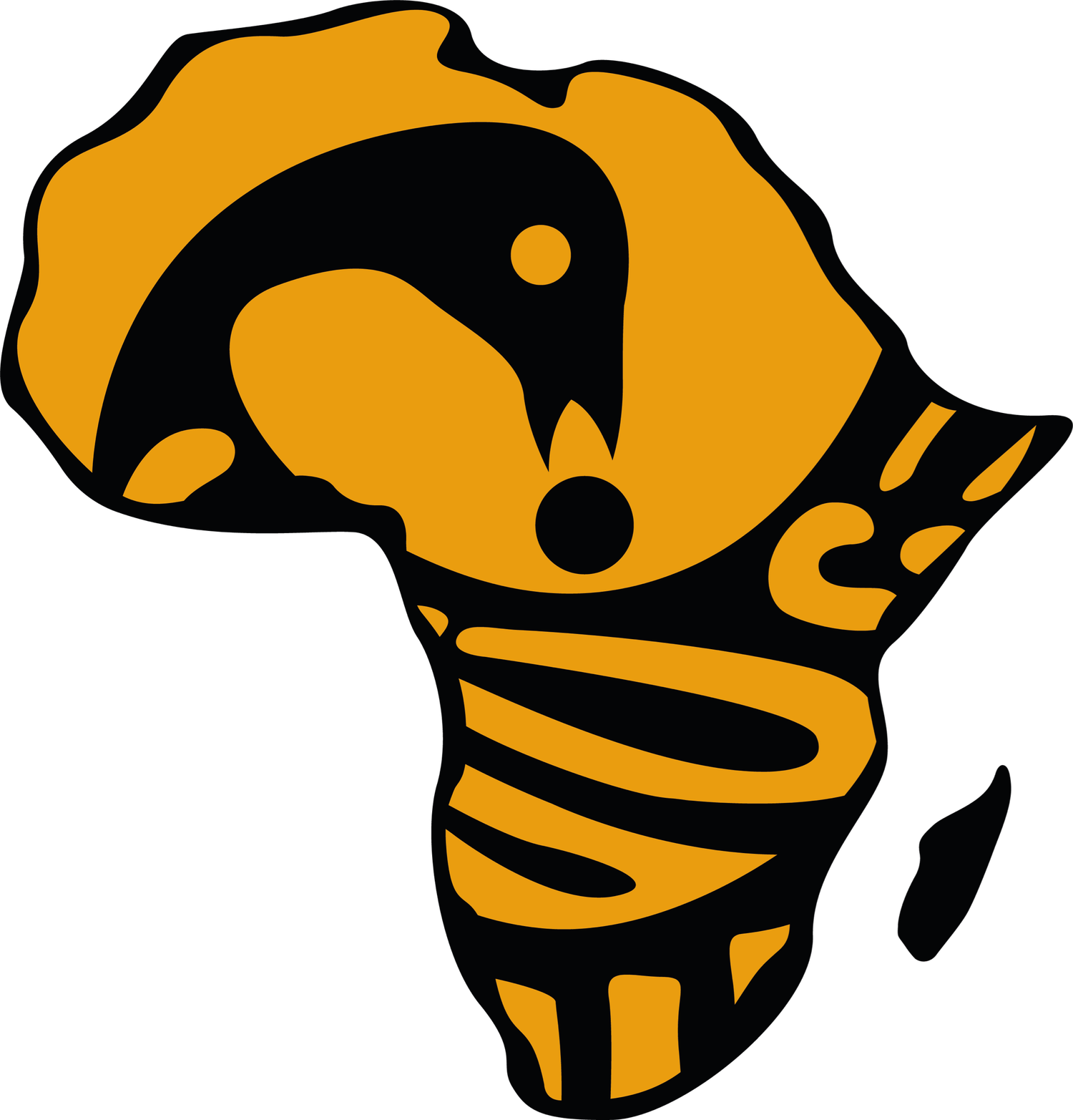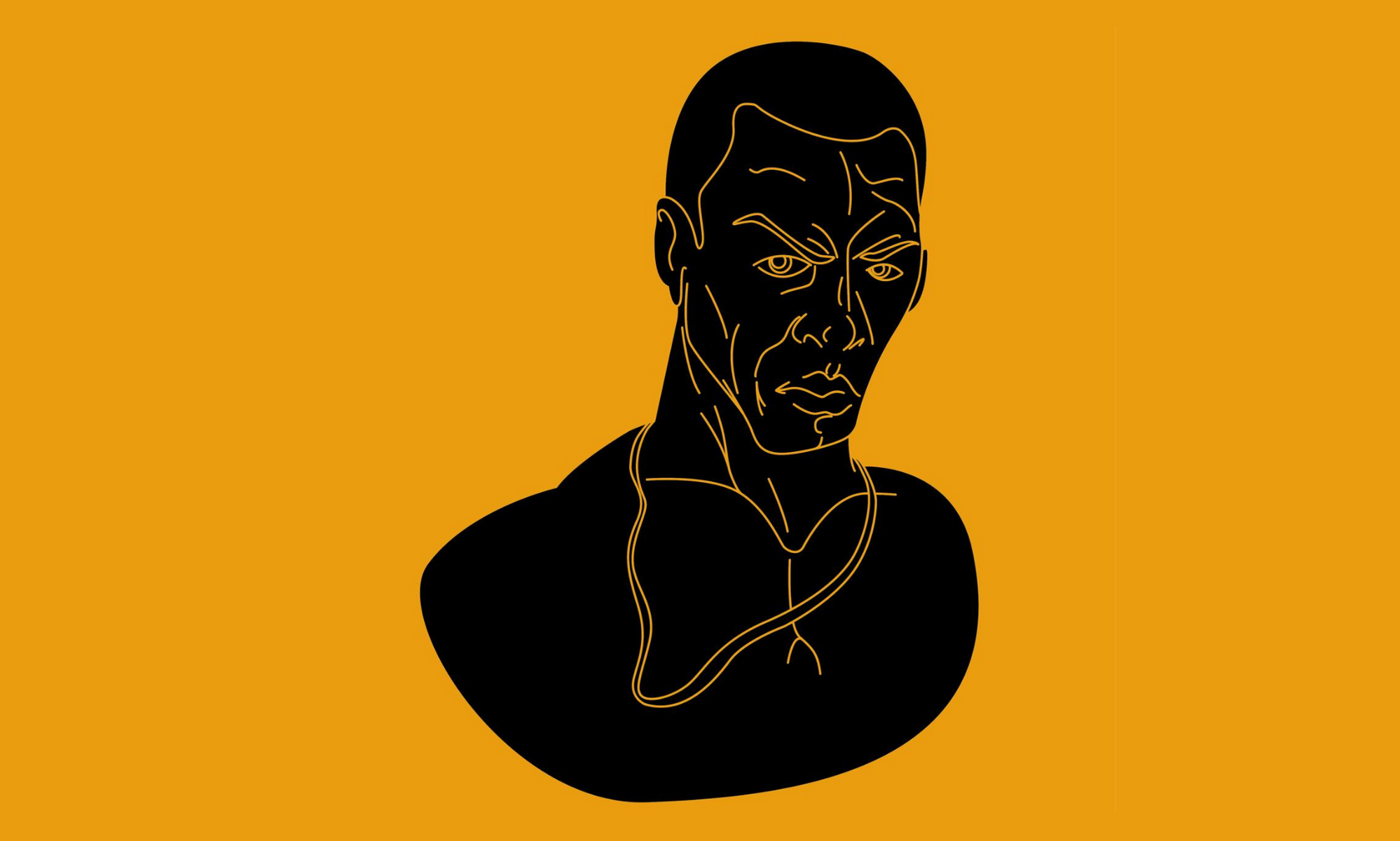Who was Dutty Boukman?
Click here to download this lesson in slideshow format
Welcome to the Introduction To The Haitian Revolution Lesson 1: Who was Dutty Boukman?
In this lesson, you will learn about:
The start of the Haitian Revolution
Dutty Boukman
Cecile Fatiman
Objectives
By the end of this lesson, you will understand:
When the Haitian Revolution began
Who Dutty Boukman was
Who Cecile Fatiman was
What Voudon is
On August 22nd 1791 the enslaved Africans of the French colony of Saint-Domingue began an uprising which changed the Trans-Atlantic Slave Trade forever. This country today is known as Haiti, and this was the Haitian Revolution.
The Haitain Revolution saw Black people break the chains of their enslavement, overthrow the racist French government and become the government themselves, abolishing the abhorrent practice forever. Before this, the Caribbean island was the most profitable slave colony in the world and a source of horrific racism. Enslavers dealt out disgusting abuses, torturing slaves often for no reason at all.
On August 21st 1791, the day before the revolution began, a Voudon ceremony was held by Dutty Boukman. Dutty Boukman was a Houngan, the title for a male Voudon priest. He was originally enslaved in Jamaica but was caught plotting an uprising on the island and was sold to a plantation owner in Saint-Domingue.
The Voudon ceremony commenced at a place called Bois Caïman in the north of the island. Boukman led the ceremony with a woman named Cecile Fatiman. Cecile Fatiman was a Mambo, the title given to a female Voudon priest. Voudon, also known as Voodoo, is a spiritual practice that combines various African traditions and beliefs into a religion. Although it is demonised and misunderstood by most Westerners, Voudon is a vibrant, sophisticated religion still practiced in Haiti, Brazil, Jamaica, and the southern United States today.
At the ceremony of Bois Caïman, Boukman declared when the revolution would start as the attendees chanted; “Eh! Eh! Bomba! Heu heu! Canga, bafio te! Canga, moune de le!” Boukman then exclaimed, “The god of the white man causes him to commit crimes; our god asks only good works of us. But this god who is so good orders revenge! He will direct our hands; he will aid us. Throw the image away of the god of the whites who thirsts for our tears and listen to the voice of liberty that speaks in the hearts of all of us.”
The original plan was to begin the uprising on the 24th of August, as this was a day when all of the island’s governors planned to meet at a specific time and place. However, a small group on the island mistakenly started the uprising on the 22nd, and when captured, these revolutionaries laughed in the face of death while prophesying the end of slavery.
Boukman and Fatiman’s ceremony inspired the masses in the ultimate fight for freedom, and Boukman became the first leader of the Haitian Revolution. Thousands attended as the night sky poured with rain, and Boukman and Fatiman forever threw off their chains with music, dance and spirituality.


